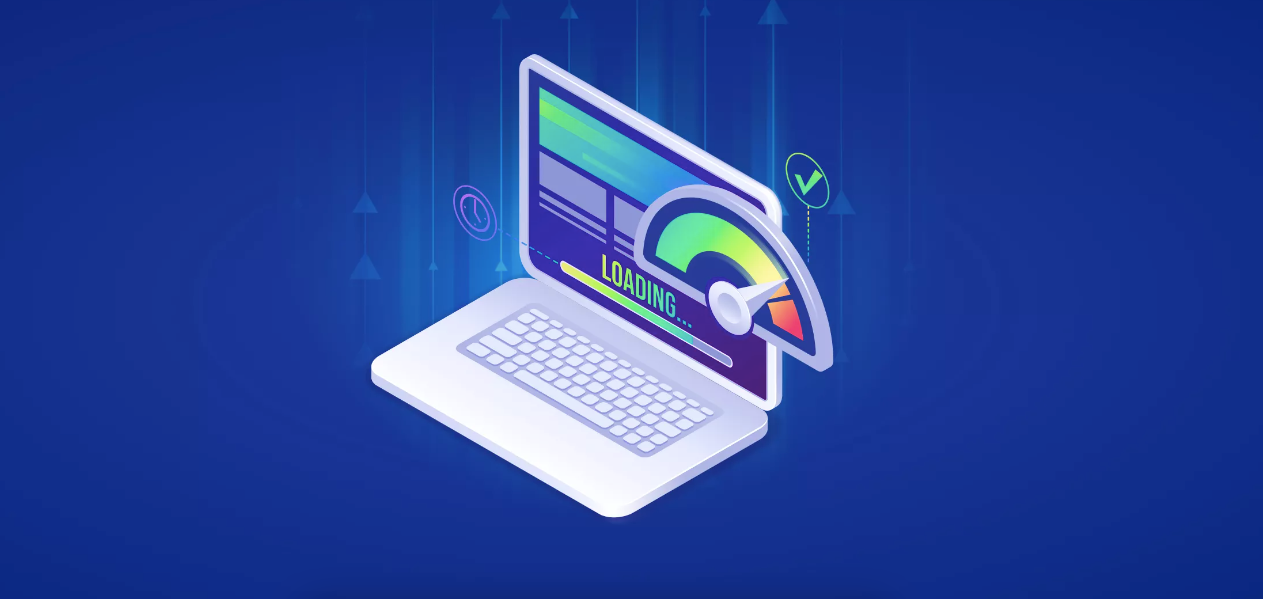Unveiling the Secrets of Ghosted Domains
Explore the intriguing world of expired domains and online opportunities.
Speed Demons: Boosting Your Website to Lightning Fast
Unlock the secret to blazing-fast websites! Discover expert tips to boost your speed and leave your competition in the dust.
5 Essential Tips to Optimize Your Website Speed
Website speed is a critical factor in providing a satisfactory user experience and is also a significant component of SEO rankings. Here are 5 essential tips to help you optimize your website's speed:
- Compress Images: Large image files can slow down your site considerably. Use formats like JPEG or WebP and tools like ImageOptim to reduce file size without sacrificing quality.
- Minimize HTTP Requests: Each element on your page, from images to scripts and stylesheets, requires an HTTP request. Consolidate files where possible and limit the number of resources your site needs to load.
- Enable Browser Caching: By allowing users' browsers to store certain elements of your site, you can significantly reduce load times for return visits. Modify your server settings to enable caching for static resources.
- Use a Content Delivery Network (CDN): A CDN distributes your website's resources across multiple servers worldwide, ensuring that users access content from a server nearest to them, which improves speed.
- Minify Code: Remove unnecessary spaces, comments, and characters from your HTML, CSS, and JavaScript files. Tools like UglifyJS can help streamline your code and improve loading times.

How to Measure Your Website's Loading Time Effectively
Measuring your website's loading time is crucial for ensuring a positive user experience and improving your SEO performance. One effective way to measure loading time is by using tools such as Google PageSpeed Insights, GTmetrix, or Pingdom. These tools provide valuable insights into your site’s performance and give you a comprehensive overview of key metrics such as page load time, first contentful paint, and time to interactive. By regularly monitoring these metrics, you can identify any areas needing improvement and track your progress over time.
In addition to utilizing measurement tools, it’s important to conduct manual tests to complement your data. You can evaluate your website's loading time by performing tests on different devices and internet connections. This can help you understand how your site performs for various users. To further enhance the effectiveness of your measurements, consider implementing an A/B testing strategy to analyze how changes to your website's design or content impact loading times. By combining automated tools with manual testing and A/B testing, you'll gain a comprehensive understanding of how to optimize your website for speed.
What Are the Common Pitfalls Slowing Down Your Website?
When it comes to website performance, there are several common pitfalls that can significantly slow down your site, adversely affecting user experience and search engine rankings. One major issue is large image files. If your images are not optimized for the web, they can take a long time to load, leading to increased bounce rates. Additionally, having too many HTTP requests from various scripts, stylesheets, and images can bog down your site. Each of these requests adds to the loading time, making it crucial to minimize the number of elements on your page.
Another frequent culprit is the use of outdated plugins or themes, especially in platforms like WordPress. These can not only slow down your website but also pose security vulnerabilities. Furthermore, poor hosting and server performance can be detrimental; if your hosting provider does not offer reliable uptime and speed, your website will be at a disadvantage. To tackle these issues, implement caching solutions and consider using a Content Delivery Network (CDN). By doing so, you can significantly enhance your website's loading speed and user satisfaction.